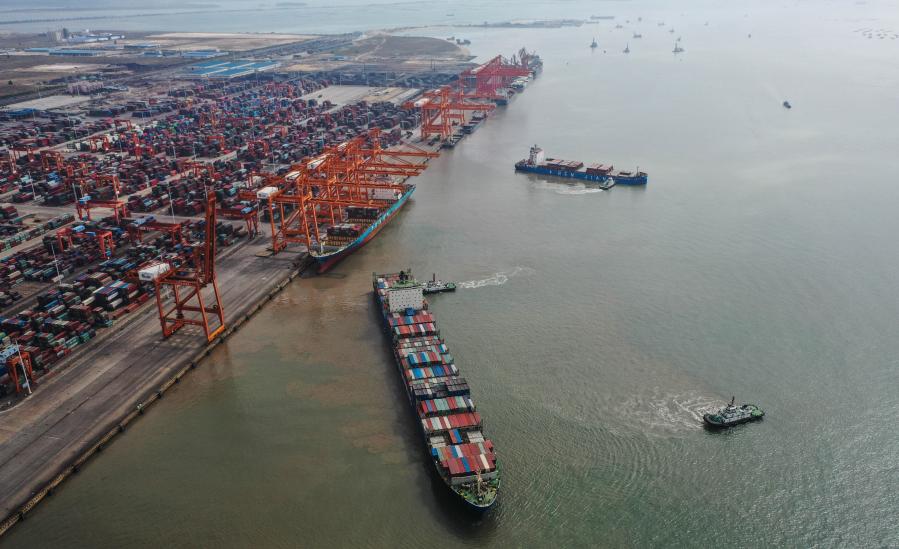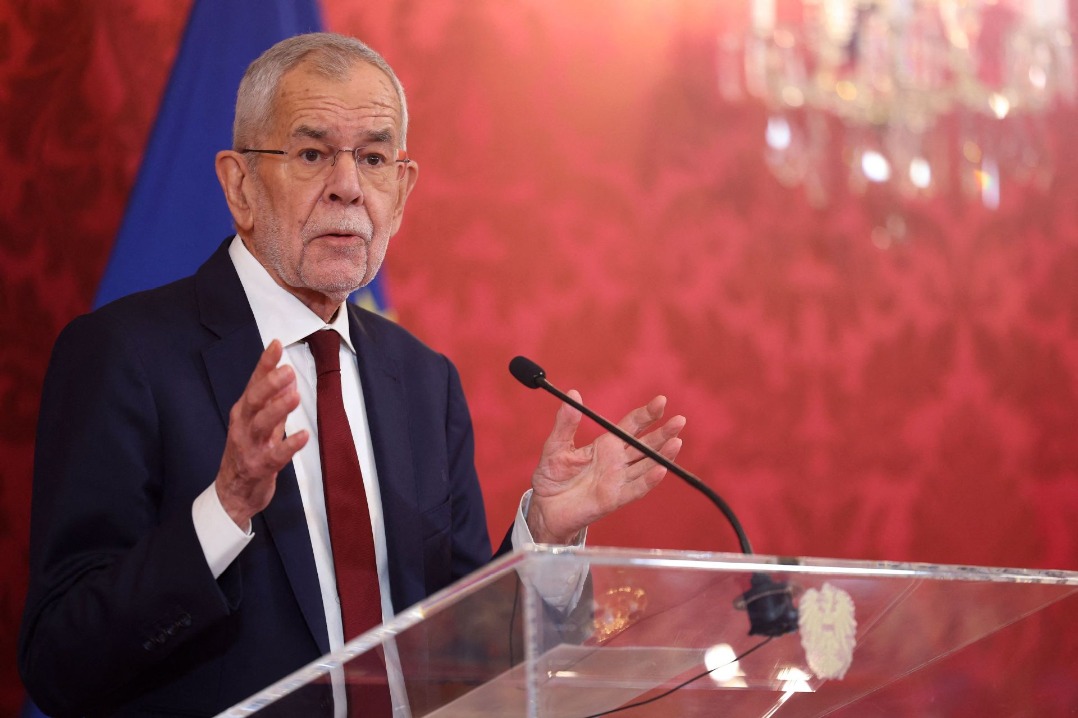China-ASEAN cooperation is deepening


Two sides respect each other, strive to resolve differences through dialogue
China, under the leadership of President Xi Jinping, has developed a long-term perspective and shown an enduring sincerity to help keep its 30-year-old collaboration with the 10-member Association of Southeast Asian Nations afloat and thriving, according to officials, scholars and leaders.
Many of the observers described the 10+1 partnership as dynamic and enriched, as China and ASEAN have engaged in a series of events to mark the 30th anniversary of their dialogue relations, which cover a total population of more than 2 billion.
ASEAN's members are Brunei, Cambodia, Indonesia, Laos, Malaysia, Myanmar, the Philippines, Singapore, Thailand and Vietnam.
The start of China-ASEAN dialogue relations can be traced back to July 1991, when Beijing's senior diplomats were invited to the opening ceremony of the 24th ASEAN Foreign Ministers' Meeting.
In the past three decades, they have joined hands in conquering two major global economic crises, and their annual total trade volume has surged more than 80-fold, from less than $8 billion in 1991 to $684.6 billion last year.
China's policymakers have consistently given due respect to and endorsed ASEAN's central role in East Asian regional cooperation.
The 10-member bloc has been given remarkable emphasis in recent years when Beijing has deliberated on its cooperative blueprints with the outside world, such as the Belt and Road Initiative, analysts said.
Indonesia, a populous member of ASEAN, witnessed Xi's unveiling of Beijing's vision for co-building the 21st Century Maritime Silk Road when delivering a speech at the country's Parliament in November 2013.
The vision, together with the Silk Road Economic Belt, was the lead-up to introduction of the BRI.
Also in that speech, Xi called on ASEAN countries to build a closer China-ASEAN community with a shared future.
Last year, ASEAN became China's largest trade partner amid global economic headwinds triggered by the COVID-19 pandemic.
Throughout Xi's interactions with leaders of ASEAN member states in recent years, the word "cooperation" dominated the agenda.
He has often highlighted the need to advance regional cooperation, promote solidarity, build trust, tackle common challenges and properly resolve differences, and he proposed a slew of initiatives to broaden the scope for collaboration in bilateral as well as China-ASEAN contexts.
When addressing the opening ceremony of the 17th China-ASEAN Expo and China-ASEAN Business and Investment Summit in November, Xi said the two sides enjoy increasing connectivity, deepening economic integration, robust business ties and closer people-to-people exchanges.
Yang Baoyun, a professor specializing in ASEAN studies at Thailand's Thammasat University, said Xi's series of speeches and remarks about charting ties with ASEAN "manifest China's lasting sincerity and far-sighted strategy for upgrading its friendly cooperation with ASEAN".
The areas of China-ASEAN collaboration have expanded to cover politics, security, economy and culture, said Yang, who also is a professor at Peking University's School of International Studies.
"In the process of cooperation, the two sides respect each other, gradually deepen mutual trust and strive to resolve differences and problems through dialogue," Yang said.
Sultan Haji Hassanal Bolkiah of Brunei, which holds ASEAN's rotating chairmanship this year, recently endorsed the fruitful results of 30 years of ASEAN-China collaboration. He said that ASEAN-China relations are among the bloc's most strategic and comprehensive partnerships, adding that he is confident the partnership will create a better future for the people of all the countries involved.
ASEAN Secretary-General Dato Lim Jock Hoi said, "Not only is the China-ASEAN strategic partnership beneficial to both sides, but it also has significant impact on the situation in our region and beyond.
China's support for ASEAN "is a concrete manifestation of China's support for regionalism and multilateralism", he said via video link on Wednesday while addressing an international symposium, hosted by the China Institute of International Studies in Beijing, to mark the dialogue partnership's 30th anniversary.
Aaron Jed Rabena, a research fellow at the Asia-Pacific Pathways to Progress Foundation, a Philippine think tank, told the symposium that the Belt and Road Initiative is an "evolving regimen". He added that he sees the BRI as a framework for measuring China-ASEAN joint achievements.































